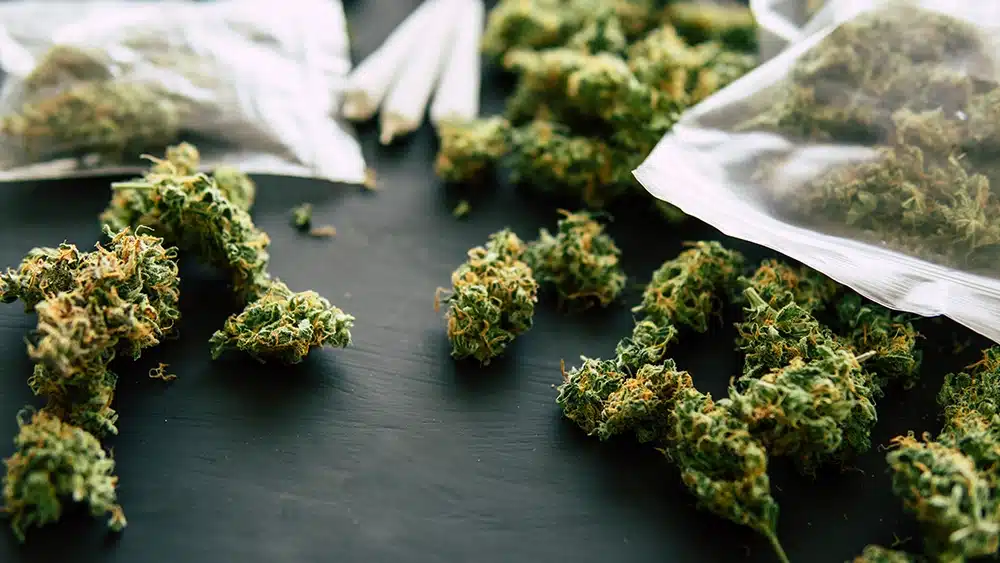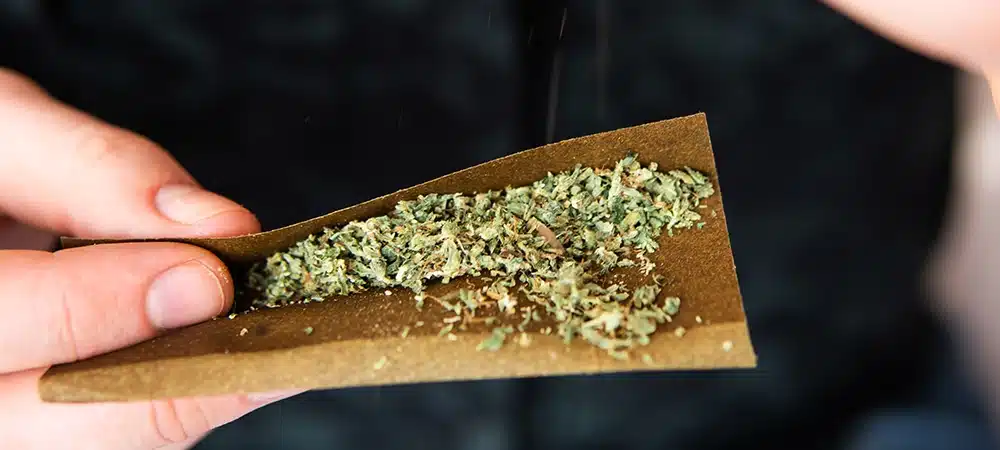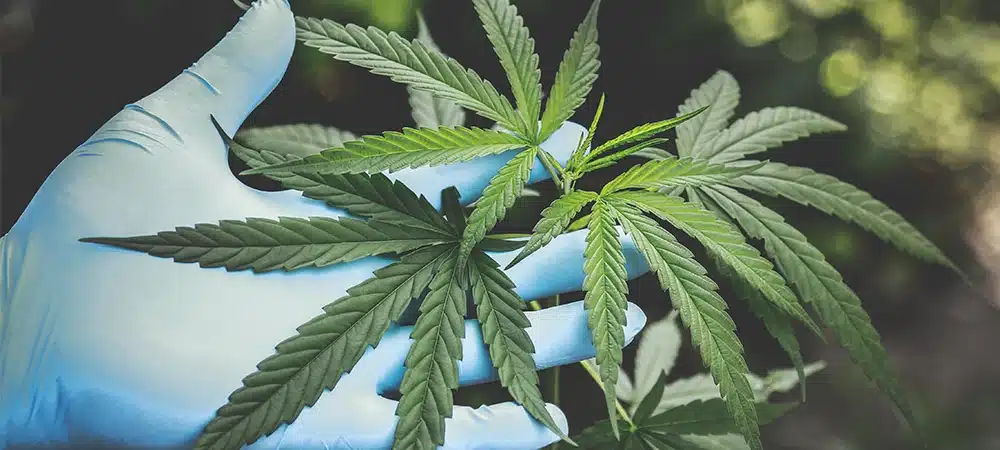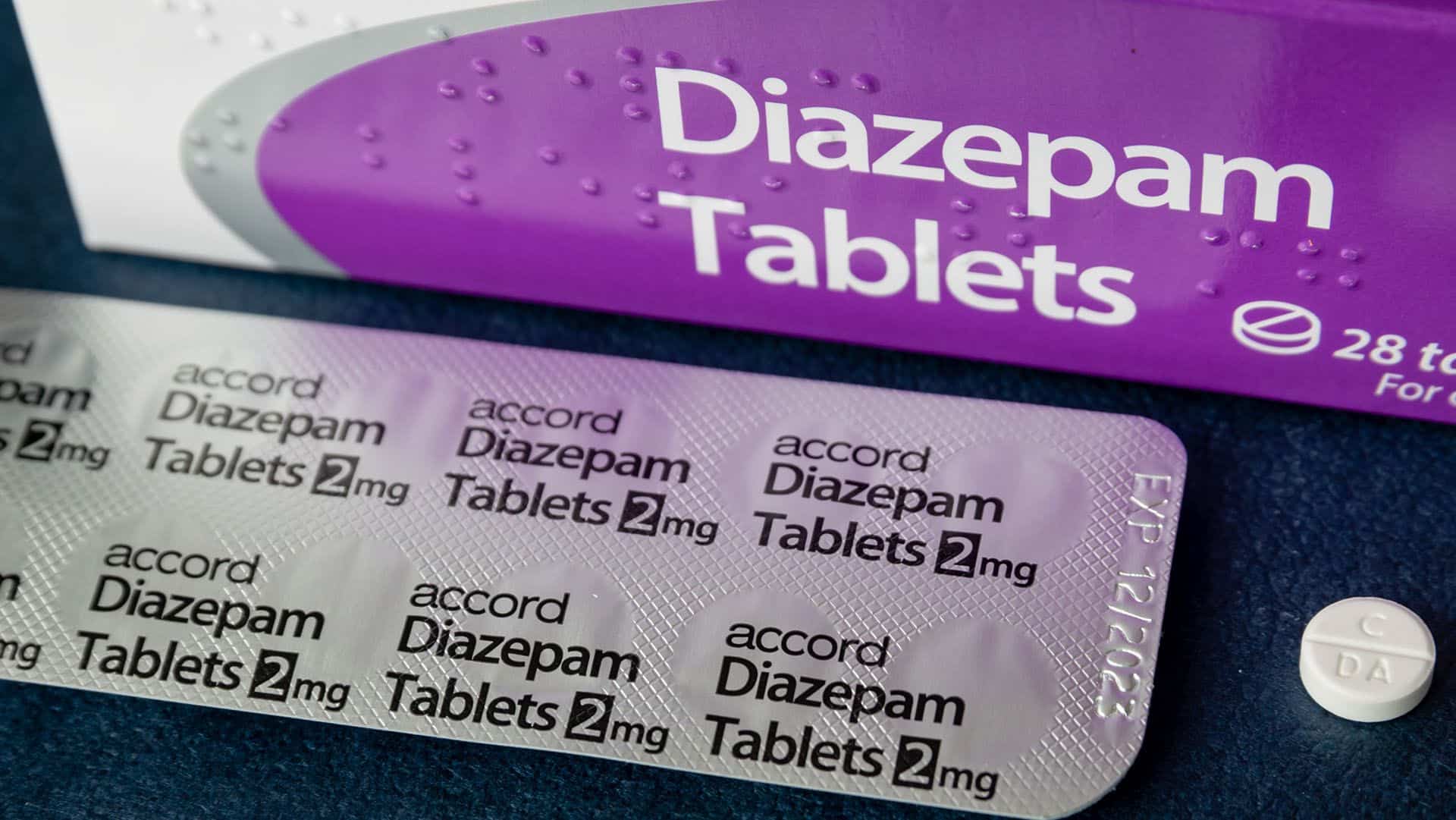Legalized Weed: Are Impaired Driving Laws Keeping Up?
In Canada, marijuana has officially been legalized for adult recreational use for just over one year at the federal level. Meanwhile, in the United States, weed has been legalized for adult recreational use in 11 states, as well as the District of Columbia, the Northern Mariana Islands and Guam.
And while large swaths of North America have rejoiced as the once-prohibited drug has become legalized in large pockets of the continent, concerns remain when it comes to recreational marijuana legalization. In particular, there are serious concerns as to whether pre-existing laws and enforcement have been altered quickly enough to reflect the shifting elements of weed legalization.
One type of law that has seen a heavy debate regarding this topic is impaired driving laws, where some experts and pundits question whether or not roadside tests that are administered are always lawful, as well as other controversial elements of the changing legislation aimed at curbing car crashes and dangerous driving. While alcohol testing for drunk drivers is simpler due to the fact that blood alcohol content(bac) levels can be assessed through a breathalyzer test to determine the level of impairment, there are no such bac tests that can be applied to tetrahydrocannabinol (THC) levels.
The science behind testing for impaired driving, as it pertains to weed, is still murky. And the line that says how long a marijuana user must be sober after smoking before operating a motor vehicle is relatively unclear. This has resulted in incidents across Canada and the U.S. that have led the public, journalists and, in some cases, police themselves to question the validity of many roadside testing methods.
In States like Arizona, police officers have begun administering roadside blood tests to detect marijuana in the system of suspected impaired drivers. These officers have been able to obtain electronic warrants via on-call judges at any time of night. A 2016 U.S. Supreme Court ruling stated that police don’t need a warrant for breath tests, but they do for blood tests because the skin is pierced. Some critics of the roadside blood testing policy argue that not only are these testing methods potentially unhygienic, but they could also infringe on the motorist’s rights.
In Canada, meanwhile, police have gone the other way, showing an unwillingness to use the country’s new drug impairment laws as they pertain to marijuana. The new laws are as follows:
- at or over 2 ng (nanograms) but under 5 ng of THC per milliliter (ml) of blood for a straight summary conviction offence
- at or over 5 ng of THC per ml of blood for a drug-alone hybrid offence
- at or over 2.5 ng of THC per ml of blood combined with 50 mg of alcohol per 100 ml of blood for a drugs-with-alcohol hybrid offence
As of July 2019, only eight charges were laid against cannabis users in Alberta as a result of the new regulations while zero were laid in the province’s western neighbour, British Columbia. Montreal and Quebec City had one each. One issue with the new laws is that they simply aren’t realistic to enforce. By Canadian law, if police suspect that individuals are driving a car while over the legal THC limit, they have two hours to transport them to a hospital to have a professionally administered blood test. That includes the time required to also go through a roadside vehicle impoundment and to drive through traffic to reach the hospital. If the drug test isn’t administered within two hours, it is considered void under the guise of the law. All the while, officers have to contend with unforeseen factors such as hospitals that could be full of more pressing medical emergencies.
Whether it be the constitutional and hygienic concerns associated with some American testing or the unrealistic logistics associated with the Canadian testing system, one thing is clear: weed impairment tests are far from a perfect science in 2019. As drug legalization evolves and so too do the laws that reflect our new realities with a wider range of intoxicants, one hopes that much more streamlined, widely accepted methods will be employed in the years ahead.
Adding to the confusion and debate is the fact that drug impairment laws aren’t federally regulated in the United States and therefore cannot be universally enforced in one particular way. To further examine the conundrum that exists today in the form of impaired driving laws and both medical marijuana and recreational pot usage across the country, it is useful to take a look at some individual states, how they enforce their marijuana-impaired laws and whether or not what they’re doing appears to be working.
State-by-State: A Look at American cannabis-impaired driving Laws
When it comes to marijuana impairment while driving, American laws are a hodgepodge, to say the least. While 11 states have legalized the drug, 18 states have zero tolerance or non-zero per se laws when it comes to driving with THC in the system. In 2015, a study by the American Automobile Association (AAA) determined that it is not possible to set a blood test threshold for THC that can reliably determine how impaired the individual is. However, many states still use these types of THC level thresholds to determine innocence or guilt over four years later. The foundation proposed replacing the existing laws with specialty training for officers in impairment detection training followed by a test to determine the presence of marijuana rather than to detect its overall levels. Obviously this approach, despite being recommended by one of the country’s largest automotive safety clubs, was not widely implemented.
Today we are seeing continued use of laws that vary widely from state to state, which make it clear and apparent that the country and its citizens and policymakers have not settled on a clear solution for roadside stops when it comes to THC impairment. In Michigan, there is no legal limit for THC that can prove or disprove that a person is guilty of impaired driving. That’s because, in 2019, the Michigan Impaired Driving Safety Commission concluded in a report that there is no scientifically supported threshold of THC bodily content that would be indicative of impaired driving “due to the fact that there is a poor correlation between driving impairment and blood-plasma levels of THC at the time of blood collection[4].” That is to say that while one person may be severely impaired from 2 nanograms of THC in their system, somebody else may not. This is one of the core principles of marijuana use that makes impaired driving laws as they pertain to THC levels so complex.
In Colorado, one of the first states to legalize marijuana for adult recreational use, a Driving Under the Influence (DUI) citation may be administered if the driver is considered impaired by the arresting officer, though the offence is generally considered a misdemeanor. In Colorado, many DUI lawyers have been utilized to battle prosecutors and fight for impaired drivers in court, so officers will need to prove it was abundantly clear that the driver was not fit to drive even if they had a large amount of THC in the system. Evidence of this could include highly erratic driving techniques leading to crashes, marijuana paraphernalia like an open container being present in the vehicle, slurred speech, and other factors. Also, in Colorado, there is a Driving While Ability Impaired (DWAI) offence, which is similar to a DUI but may mean you displayed lesser signs of impairment. All that this offence requires is for an officer to think that you are under the influence of marijuana “in the slightest degree.” Confused yet? Understandable.
In Texas, a Driving While Intoxicated (DWI) offence can be considered if any THC whatsoever is in the system. While there is no threshold to legally prove innocence or guilt, an officer may give out a DWI citation if they feel that you are impaired in any shape or form. In the Longhorn State, a DWI offence carries with it a minimum of 3-180 days in jail, up to $2,000 in fines, and a license suspension for between 90-365 days. These steep charges can also be accompanied by community service, mandatory drug rehab and therapy, DWI school and vehicle impoundment. Of course, as with other states, these charges can be challenged in court.
As we’ve now noted, the marijuana-impaired driving laws and the methods by which they’re enforced vary from state to state. While offences are considered a misdemeanour in states like Colorado, the same transgressions can result in serious jail time down in Texas. So, what does all of this mean? First off, seeing vastly different regulations between all of the states is nothing new. What is disappointing, however, is that several years after legalization, there remains no gold standard amongst the states that can be adopted by others looking for just, meaningful and intelligent impaired driving regulations for the country’s roads as they pertain to cannabis consumption.
Marijuana and impaired driving: A conclusion
At the core of the debate that continues to rage about the most effective way to enforce impaired driving regulations and cannabis usage is the difficult truth that the compound stays in users’ systems for significant lengths of time and doesn’t always signal that the individual is impaired. It is generally understood that THC remains detectable in the system for up to 90 days in hair follicles, up to 48 hours in saliva, up to 36 hours in the bloodstream and 3 days to a month in the urine. Debates continue around just how long the substance is in the system remains an issue when it comes to impairment, but it is difficult to prove beyond a reasonable doubt that a driver would be impaired 36 hours after last usage, despite blood tests indicating that the compound is still present in the system.
In Canada, as well as in the U.S., the perfect testing methods have yet to be discovered. As it currently stands, the majority of police officers conducting traffic stops must rely on Standard Field Sobriety Testing (SFST) that monitors things like reflexes and coordination, and in some cases, a Drug Recognition Expert like the one that the AAA Foundation suggested should be implemented years ago. However, the latter isn’t always available, and the former isn’t without its own issues. More research and planning must be done in order to discover a system that satisfies both law enforcement and the general public when it comes to THC impairment and how it should be policed on Canadian and American roadways.









